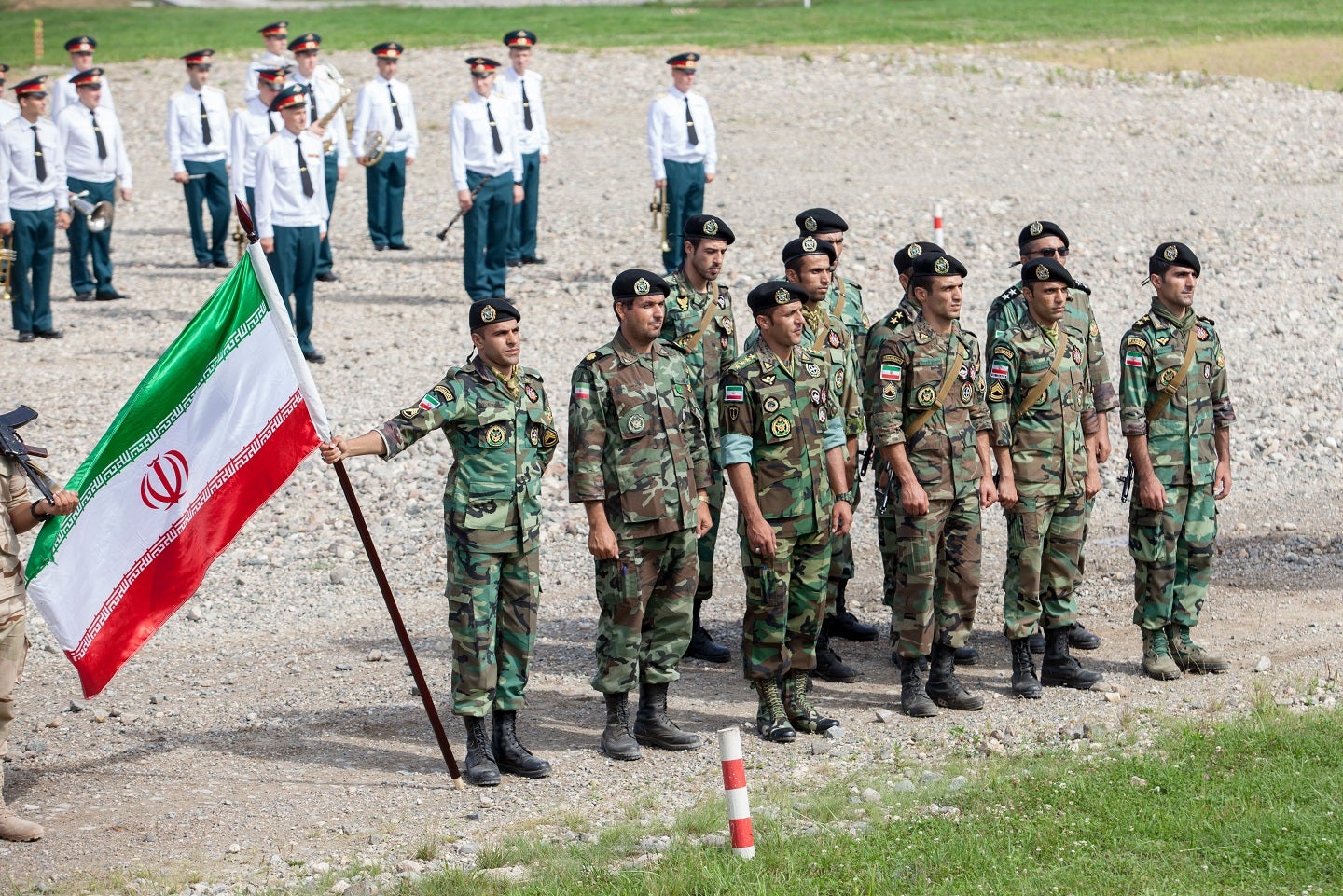
In a decisive move, the United States (US) imposed sanctions on a network spanning Iran, Malaysia, Hong Kong, and Indonesia, accused of aiding Iran’s UAV development.
The crackdown shows a commitment to curb the proliferation of drone technology, which threatens the Middle East and raises concerns about its impact on the ongoing conflict in Ukraine.
The US has imposed sanctions on ten entities and four individuals implicated in facilitating Iran’s acquisition of components for one-way attack UAVs. Led by Hossein Hatefi Ardakani, based in Iran, this network stands accused of procuring sensitive goods, including US-origin electronic components, for the Islamic Revolutionary Guard Corps Aerospace Force Self Sufficiency Jihad Organization.
This move is part of a broader strategy to expose and disrupt Iran’s expanding UAV development, which has regional ramifications and potential implications for Russia’s ongoing conflict in Ukraine. By leveraging all available means, the US aims to hold accountable those supporting Iran’s UAV programmes and collaborate with allies in this pursuit.
Iran is currently supplying Russia with weapons, including loitering munitions, which are being used in Ukraine.
Meanwhile, the US, the UK, and the EU have all sanctioned either Iran or firms linked to the weapons supplied by Iran, marking a new conflict point in Iranian/US relations, according to GlobalData’s intelligence on the US defence market.
Notably, this action follows previous designations targeting individuals and entities linked to the production of Iran’s Shahed-series UAV, which the Russian military employs against Ukraine. Simultaneously, the Department of Justice has unsealed indictments against Hossein Hatefi Ardakani and Gary Lam, revealing a complex illicit procurement network funnelling US-origin, dual-use, and sensitive technology to Iran.
Russian Defence Minister Sergei Shoigu expressed interest in deepening cooperation with Iran in September despite US opposition.
Hezbollah and Iran declared support for Hamas against Israel. Iranian Supreme Leader Ayatollah Khamenei praised the Hamas attack, while US officials claim Iran provided military training, logistical assistance, and millions in weapons to Hamas. Iran’s public declarations of support for Hamas raise suspicions, and Tehran aims to disrupt Saudi-Israel relations.
After a multi-year probe, Homeland Security Investigations (HSI) played a role in uncovering this network. The global investigation exposed Iranian intermediary companies, front entities, and logistics businesses orchestrating the transfer of sensitive technology to Iran for its weapons programs. Gary Lam, also known as Lin Jinghe, has been designated explicitly to support an Iran-based procurement agent working for the IRGC-owned Saberin Kish Company.
The Department of the Treasury’s actions fall under Executive Order 13382, targeting weapons of mass destruction proliferators and their supporters. This approach aims to curtail the means of delivery for such weaponry.




